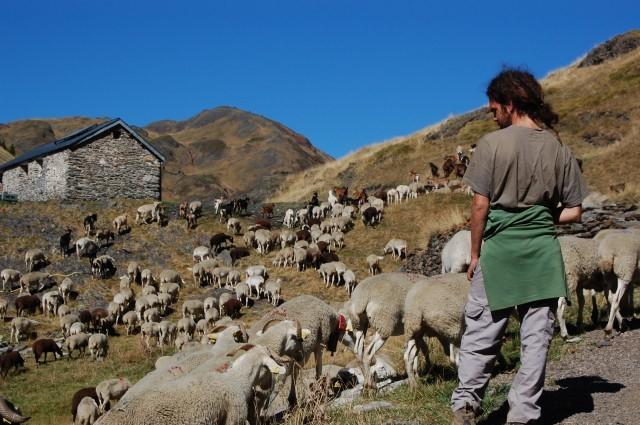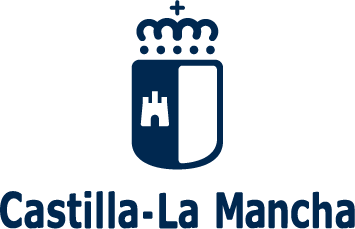Young people
Mostly private

The Escola de Pastors de Catalonia, since 12 years ago, offers a theoretical and practical training of 6 months for those people who do not come from a farm family and want to devote themselves to extensive livestock farming in a professional way. The training follows an agro-ecological approach and aims to train people to run family-size farms that are respectful of the natural and social environment, without compromising future resources, viable in the long term and with direct sales to the consumer. The training have lasts 6 months, 2 months of theory and 4 months of practice, where the students each go to a different farm or mountain.
It provides skills according to territorial needs, contributes to making the territory more sustainable by taking care of the environment and the landscape.
this experience contributes to fixing the population in rural territories.
The average age of students is 30, but some may be as old as 50. The training is not aimed at unemployed young people, but it is very difficult to work at the same time. So our students, when they do their training, do not work. This means that some of them have had to leave their jobs in order to attend the training.
It is essential to ensure generational change in extensive livestock farming if we want to maintain our natural environment, conserve biodiversity and the mosaic landscape created by this age-old practice. On an economic level, the school as such is not very sustainable because we do not have fixed and stable funding, and every year we have to juggle to be able to continue. However, the training itself does focus on training our students with the necessary tools to give added value to their product and depend much less on subsidies. On a social level, the school is allowing new cattle breeders to be established in the territory.
In ten years we have had 431 applications to carry out the training (each year we can take between 15 and 20 students), of these 431 applications, 171 students have done the training and 84% have completed it (144 people). Of the total number of people who have finished the training, 61.1% are working in the sector, 17.4% want to work, but at the moment they are looking for a place to settle down, partners, money, etc. And 21.5% do not continue with the agricultural activity or we do not have information.
• Revitalizing a depopulated area.
• The bond between rural agriculture and local development is strong.
• Enriching interrelation between different generations (passing on a job and knowledge exchange).
• Gender perspective: introducing women into the sector.
• Careful selection of participants (small groups, dropout risk reduction through the payment of a fee and selection based on professional project and motivation).
• High level of employability after the training.
• Original approach (vision and passion
• The project succeeds in strengthening traditional economic sectors
• Provides education in a very sought-after field for the rural environment
• Students’ work prevents further decline in agricultural activity in rural areas
• Well balanced training program between theory and practice
• Selection of the most motivated participants with the clearest projects.
• The practice is highly transferable as it has been implemented in other regions.




The school of shepherds of Catalonia is a training project that proposes a new model of rural workers. This school is producing very important changes in the rural development of the regions in which it has been set up. Through the generational change that is taking place in the sector, with the incorporation of young people who are alien to this family activity, it is demonstrated that the primary sector, in itself, is an economically, socially and culturally sustainable sector as long as it is committed to small-scale family-based and/or cooperative production.